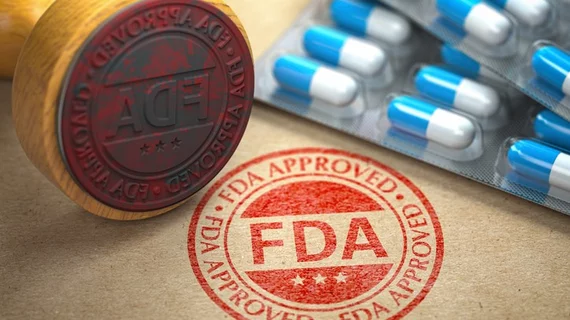FDA removes ‘unnecessary hurdle’ impeding use of ultrasound imaging agent
The U.S. Food and Drug Administration recently removed what experts say is an “unnecessary hurdle” impacting the use of one ultrasound imaging agent.
GE Healthcare announced Tuesday that the federal agency has approved the removal of hypersensitivity to “blood and blood products” from the prescribing info for its Optison product. Used to help visualize the left ventricular border of the heart, the drug has been available since 1997, with no such reactions reported since then.
“Ultrasound enhancing agents have been shown to improve patient care through improved diagnostic accuracy and greater confidence in interpretation of echocardiograms,” Jonathan Lindner, MD, director of cardiovascular imaging at Oregon Health & Science University, said in a GE announcement. “Accordingly, the peeling away of precautions or contraindications for the use of UEAs that are not supported by science removes unnecessary hurdles to employing this valuable asset in cardiovascular imaging.”
More than 3 million individuals have received Optison since its release, indicated for use in patients with suboptimal echocardiograms. GE noted that the approval will drop the need to screen for this hypersensitivity and potentially improve efficiency. Providers still must check for sensitivities to perflutren or albumin, GE noted.

